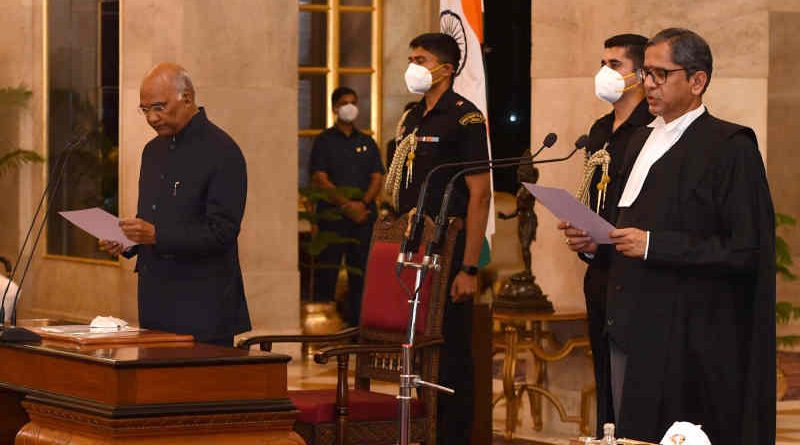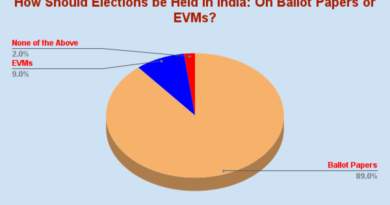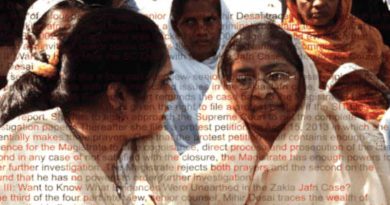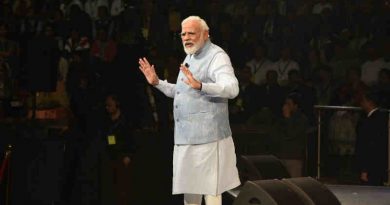Supreme Court Plans Digital Transmission of Bail Orders to Jails
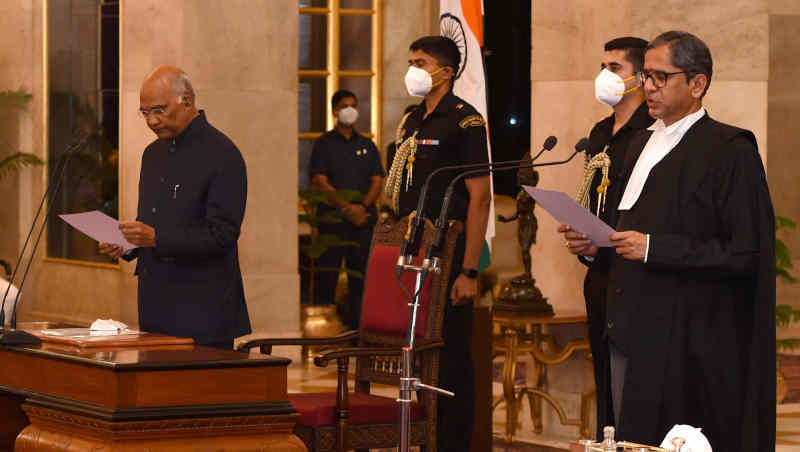
Christened FASTER (Fast and Secure Transmission of Electronic Records), the new system is supposed to deliver orders to prisons, District Courts, High Courts, etc.
The Supreme Court of India has decided to embrace technology to overcome the delays in the implementation of bail orders. A bench headed by the Chief Justice of India (CJI) N V Ramana expressed its dismay over the increasing number of reports of delay in implementation of its orders by jails.
The top court had taken suo motu cognizance on July 13 of news reports of delay by Uttar Pradesh authorities in releasing 13 prisoners who were granted bail by it on July 8. The convicts, who were juveniles at the time of offence, were lodged in Agra Central jail.
Commenting on the slow traditional system of delivering bail orders to jails, the court said that even in the digital age, we are still looking at the skies for the pigeons to communicate the orders. The bench – which also comprised justices L Nageswara Rao and A S Bopanna – today (July 16) directed the Secretary General of the court to submit a report within 2 weeks for accelerating the transmission of court orders.
In a hearing conducted through video-conferencing, the bench also directed the states to inform about the status of internet connectivity in jails across the country so that transmission of bail orders could be facilitated to ensure immediate release of the prisoners.
Referring to the delay in the release of 13 prisoners from Agra jail despite bail granted to them, the court observed that such a situation cannot be accepted, although the jail authorities said they had not received the orders.
Christened FASTER (Fast and Secure Transmission of Electronic Records), the new system is supposed to deliver orders to prisons, District Courts, High Courts, etc.
According to reports, the top court appointed senior advocate Dushyant Dave as an amicus curiae for assisting it in implementing the system and asked the Secretary General to coordinate with him before sending the proposal to the bench.


